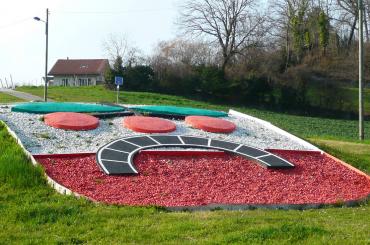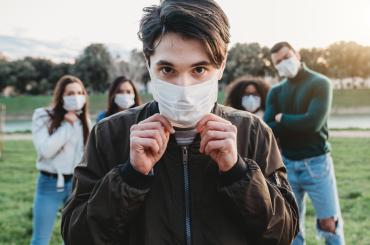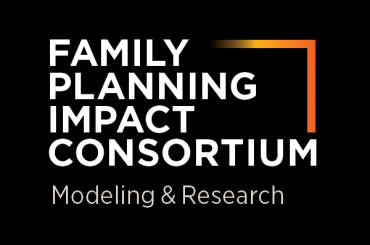Welcome to your future: Centenarians of Switzerland
Directed by : Daniela Jopp & Anna-Rita Stoffel
Most people want to become old, but nobody wants to be old. Nonetheless, reaching very old age has already become a new reality in most developed countries, with the very old representing the fastest growing group of the population.
Most people want to become old, but nobody wants to be old. Nonetheless, reaching very old age has already become a new reality in most developed countries, with the very old representing the fastest growing group of the population.



















